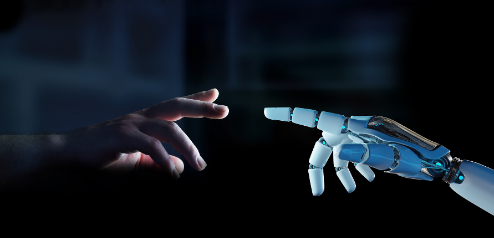First of all, the metaverse is a network of 3D virtual worlds, where humans can interact with each other socially and economically, mainly through avatars. In the metaverse, companies will have the unprecedented ability to exploit the full potential of the data they collect.
In contrast, NFTs, based on blockchain technology, are cryptographic units of data, with unique metadata. As such, NFTs can be distinguished from one another and can hold other kinds of information, like the identities or artwork of different individuals. Their uniqueness makes them capable of being sold or traded, with a digital ledger registering all transactions.
It is important to highlight that new regulations are being demanded for the metaverse in order to protect users when they interact in this virtual world, and to close an apparent gap between reality and the law.
In this sense, IP laws govern the ownership regime of the intangible elements of such property. This principle has been applied for centuries and is also fully applicable to the metaverse and NFTs. Because IP laws deal with the intangible elements of an object, whether physical or virtual, the obvious conclusion is that the builders of the metaverse will have to respect the rights of inventors, designers, and owners of distinctive signs as in the real world.

Regarding NFTs, the conclusion is similar. NFTs are digital files in which creative works or other subject matter, such as a video or an artwork, can be embedded. As long as copyright provides an exclusive right over original works of authorship and this is distinct from the ownership of any digital object in which the works are embedded, then anyone who uses them will need prior authorization from the copyright holder of such work.
This way, it is possible to conclude that we must analyze NFTs, the emergent metaverse and any other new digital phenomena against existing regulations, yet some adjustments will be necessary in the coming years.
Author: Nathália Regina Alves Dourado and Cesar Peduti, Peduti Advogados.
Source: The metaverse, NFTs and IP rights: to regulate or not to regulate? (https://www.wipo.int/wipo_magazine/en/2022/02/article_0002.html)
—
Se quiser saber mais sobre este tema, contate o autor ou o Dr. Cesar Peduti Filho.
If you want to learn more about this topic, contact the author or the managing partner, Dr. Cesar Peduti Filho.




